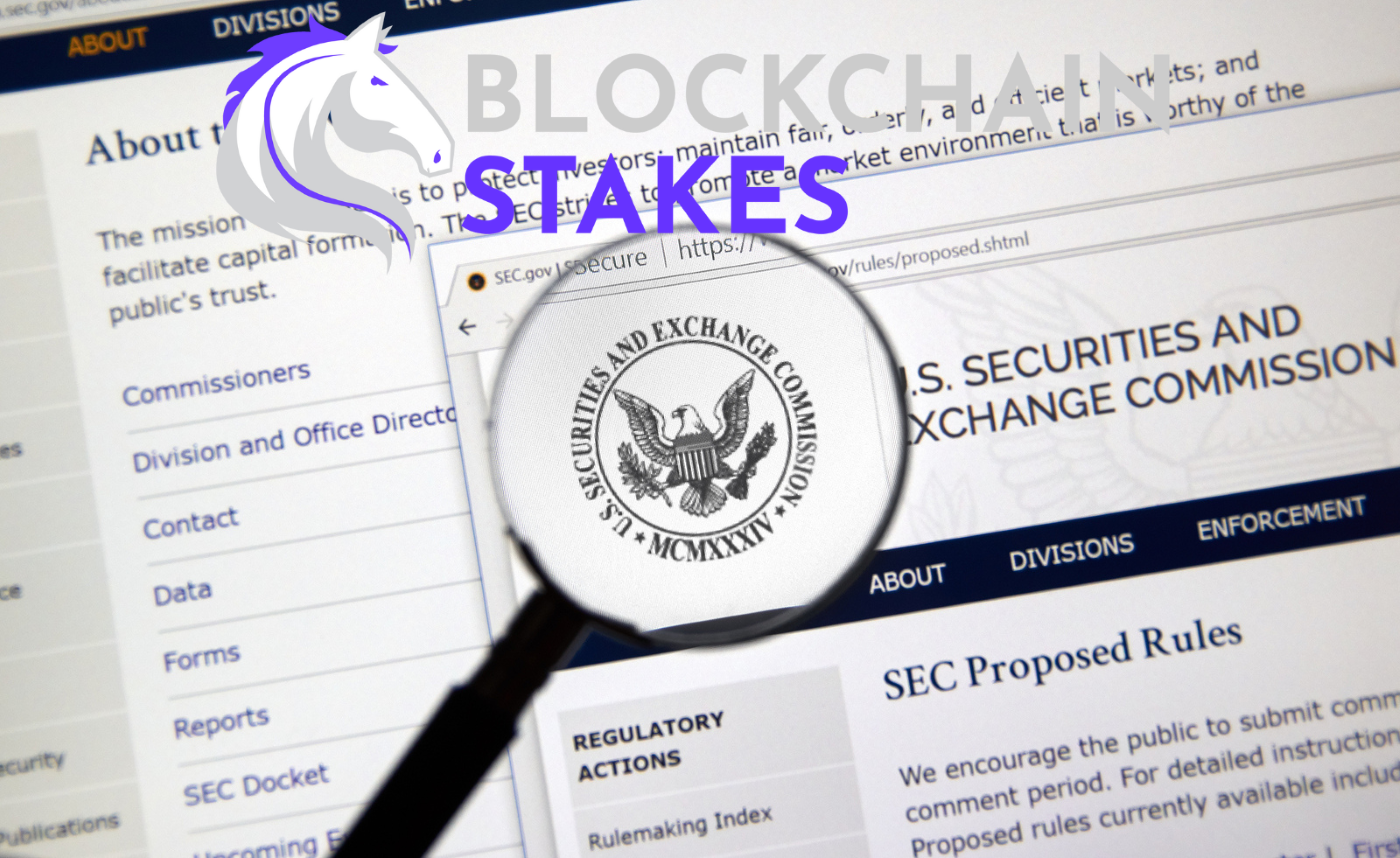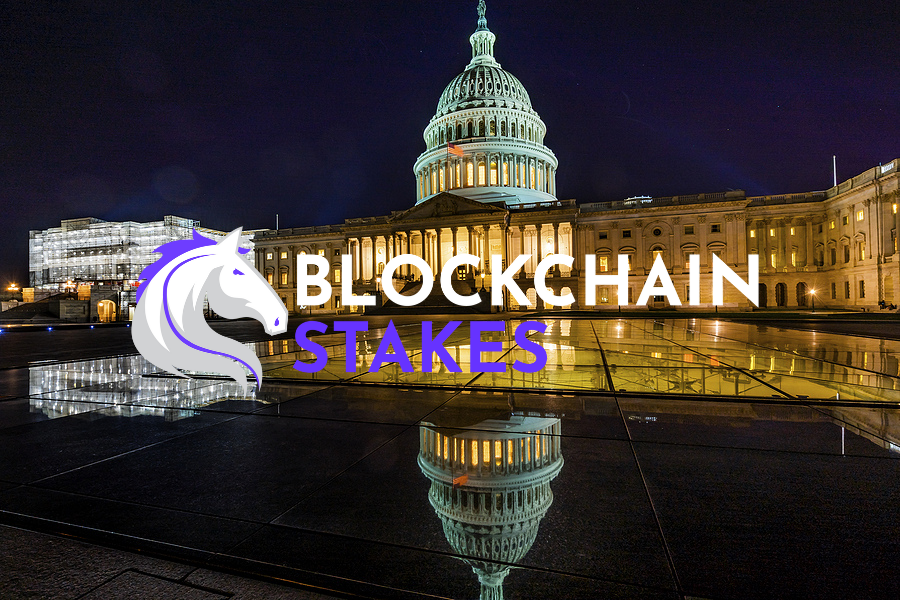Introduction
As of November 1, 2024, Immutable, a prominent player in the blockchain gaming industry, has become the latest crypto firm to receive a Wells Notice from the U.S. Securities and Exchange Commission (SEC). This formal notification indicates the SEC’s preliminary intention to bring enforcement action against the company, alleging securities law violations. Immutable believes these accusations target the listing and private sales of its IMX token back in 2021, marking another chapter in the SEC’s escalating scrutiny of the cryptocurrency industry.
For Immutable and the crypto sector, this latest Wells Notice reflects ongoing regulatory friction between innovative digital asset companies and traditional regulatory bodies. Below, we dive into the details of the SEC’s notice to Immutable, the company’s response, and how this move fits into a broader pattern of crypto regulation—one that might be on the brink of change.
Understanding the Wells Notice and Its Implications
The SEC’s Wells Notice is an official warning, informing companies that the agency is considering enforcement action due to alleged violations of securities law. The Wells process typically follows extensive investigation and is a preliminary step, not a final determination. Recipients of the notice can respond through a “Wells Submission” to dispute the allegations, offering a chance to influence the SEC’s decision before formal charges are filed. However, the issuance of a Wells Notice itself usually has a significant impact, potentially affecting the market and investor confidence.
Notably, in most cases, companies receive ample time for dialogue with the SEC, allowing for a more transparent, detailed process before a notice is issued. However, in Immutable’s case, the company reports that the SEC issued the notice just hours after their first direct interaction, bypassing the usual collaborative steps.
Immutable’s Response: Frustration and Defiance
Immutable’s leadership has voiced disappointment with the SEC’s handling of the notice. The company shared several concerns that highlight potential flaws in the SEC’s approach:
- Abrupt Issuance: Unlike the typical drawn-out investigation, Immutable claims it received the notice almost immediately, allowing no room for communication or clarifications before the allegations were formalized.
- Sparse Explanation: The SEC provided fewer than 20 words in its communication about the alleged violations, leaving Immutable with minimal context regarding the specifics of the claims against it.
- Suspicious Timing: Immutable has publicly speculated that the notice’s timing, so close to the upcoming U.S. presidential election, may not be coincidental.
Immutable’s stance is clear: they assert that the IMX token does not qualify as a security and are prepared to challenge the SEC’s claims if necessary. This assertive stance follows the actions of several other crypto firms that have pushed back against the SEC’s approach to digital asset regulation.
Immediate Market Impact on IMX Token
The market reaction to the Wells Notice has already been significant. Shortly after the announcement, the price of IMX, Immutable’s native token, dropped by over 14%, sinking below $1.40. Market participants appear to be reacting to both the regulatory uncertainty and potential implications of a drawn-out legal battle, mirroring similar declines seen with other tokens targeted by SEC action.
Investors in digital assets are becoming increasingly wary of projects that may come under regulatory scrutiny. As a result, the risk of sudden price drops tied to SEC action now hangs over various tokens and platforms in the Web3 space.
A Growing List of Crypto Industry Wells Notices
Immutable joins a steadily growing list of high-profile crypto firms receiving Wells Notices, including Coinbase, Ripple, Crypto.com, and Kraken. This trend illustrates the SEC’s intensified efforts to regulate the sector, often through legal actions and warnings rather than explicit regulatory guidelines. For many in the crypto space, this “regulation by enforcement” strategy has been a point of contention, as companies are left to navigate vague rules with potentially severe repercussions for non-compliance.
A look at recent SEC actions reveals common themes among the allegations:
- Unregistered Securities: Tokens and sales that the SEC claims should have been registered as securities.
- Unlicensed Exchanges: Platforms operating in the U.S. without proper licensing to sell or exchange what the SEC deems securities.
- Possible Fraud Allegations: Some cases include additional charges related to potential misrepresentation or fraud.
These Wells Notices reflect the SEC’s current stance on crypto assets, though they also highlight the industry’s struggle with regulatory ambiguity and the costs of non-compliance.
Immutable has received a Wells notice from the SEC, the latest in their de facto policy of regulation by enforcement. We received this within hours of our first ever conversation, on a timeline clearly accelerated to land before an election.
— Immutable (@Immutable) October 31, 2024
Sadly, stories like this are becoming…
What Could Change After the U.S. Election?
With the U.S. presidential election on the horizon, the crypto industry is hoping for a shift in the SEC’s regulatory approach. Both leading presidential candidates have signaled plans to replace current SEC Chair Gary Gensler, whose tenure has been marked by an aggressive stance on digital assets. Here’s a look at potential scenarios that could arise with new leadership at the SEC:
- Appointment of a Pro-Crypto Chair: Candidates like Hester Peirce, known for her support of clearer crypto guidelines, are rumored to be in consideration. If appointed, her focus could shift away from enforcement and toward policy creation.
- Policy-Driven Regulation: A new Chair could prioritize developing transparent, detailed regulatory guidelines, allowing crypto companies to comply proactively rather than facing retroactive penalties.
- Fewer Enforcement Actions: A new administration might reduce the number of Wells Notices and lawsuits, opting instead for frameworks that allow crypto firms to innovate while maintaining compliance.
The crypto industry is eagerly awaiting these potential shifts, hoping for a more balanced approach that promotes growth, investor protection, and regulatory clarity.
Why the Crypto Industry Seeks Clearer Guidelines
The ongoing conflict between the SEC and the crypto industry points to a pressing need for clear, enforceable rules governing digital assets. Many crypto leaders, including Immutable’s team, argue that the current “enforcement-first” approach is stifling innovation and driving projects overseas. The SEC’s opaque regulatory framework leaves companies uncertain about compliance, often leading to costly, protracted legal battles.
In response to this regulatory ambiguity, some companies have even countersued the SEC or attempted to lobby for more explicit regulations. The crypto industry is collectively pushing for policies that clearly define the line between securities and utility tokens, as well as standardized processes for token listings and sales.
What This Means for Investors and the Broader Crypto Market
For investors, the growing frequency of Wells Notices signals heightened risk within the crypto sector. Tokens tied to projects receiving these notices often experience price volatility, and future enforcement actions could potentially lead to delistings from exchanges, further limiting investor options.
In the broader market, the SEC’s stance on digital assets will likely influence the direction of Web3 development in the U.S. If the SEC continues to pursue aggressive enforcement without providing clearer guidance, it could force emerging blockchain companies to relocate to jurisdictions with more accommodating regulatory environments, ultimately limiting American participation in the global digital economy.
Conclusion: Navigating the Uncertain Road Ahead
Immutable’s recent Wells Notice underscores the mounting tension between crypto companies and regulatory authorities. As the SEC’s approach raises questions about due process, transparency, and the role of government in innovation, industry leaders are calling for regulatory clarity that fosters growth and protects investors without stifling innovation.
The future of crypto regulation may hinge on the outcome of the upcoming U.S. election, potentially ushering in leaders willing to rethink current policies. For now, Immutable and other crypto firms are preparing to defend their place in the market, even if it means contesting the SEC’s claims in court.
The road ahead remains uncertain, but one thing is clear: the resolution of these regulatory challenges will be pivotal in shaping the future of digital assets in the United States.




















